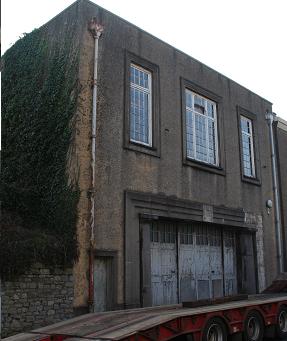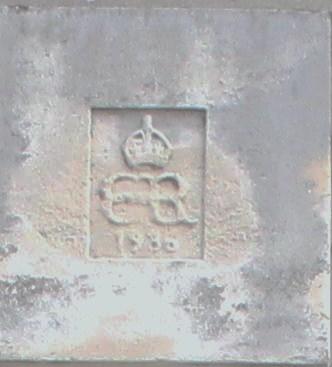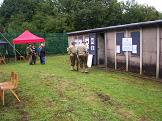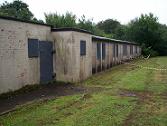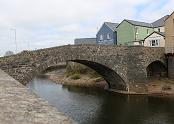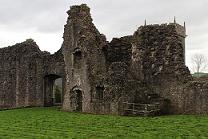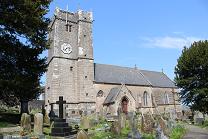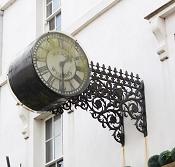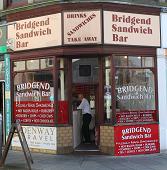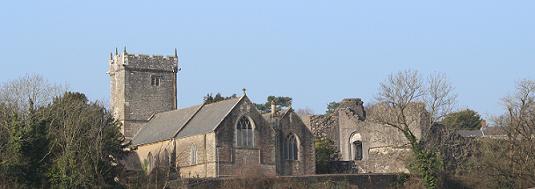 Bridgend
the town by the river
Bridgend
the town by the river
The Royal Ordnance Factory Bridgend
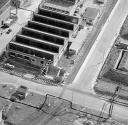
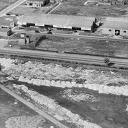
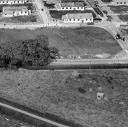
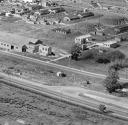 ROF 53 Bridgend
ROF 53 Bridgend
Located in Bridgend, South Wales, was the World War II ROF Filling
Factory No. 2 and one of the largest in the UK and it was government owned.
It was of great significance to the British war effort, at its height of
production it employed around 40,000 people from Bridgend, the valleys and
Cardiff. Island Farm was originally built to house the workers.
In 1935, it was agreed to keep armaments research at the Woolwich Arsenal in
south east London. and the production would be moved to the two new
factories at ROF Chorley in Lancashire which was filling factory No.1 and
ROF Bridgend filling Factory No.2. It was soon realised that the original
plan was flawed and additional facilities would have to be
built, resulting in the opening of just over 40 ROF's by the end of the war,
about half of them ordnance filling factories. A number of private companies
operated a similar number of ordnance factories but they were not called
ROF's with locations around the country.
Bridgend was chosen for the site of the largest munitions filling factory
because it was on the western side of the country, away from the enemy
bombing in the east of England.
Bridgend had a plentiful supply of unemployed labour and the area had
excellent logistics, being close to Cardiff, Swansea and Barry's major
ports, and the thriving South Wales coal fields more than able to supply
fuel to power the massive facility. Port Talbot steel works just a few
miles west of Bridgend, supplied all the steel that was needed for the site.
In April 1936 as part of the new expansion program 900 acres of land in
Waterton was compulsorily purchased by the government. It was the farmland
next to the Great Western Railway, South Wales Main Line, which offered the
benefits of rail transportation. The land was reclaimed marshland, and would
on occasions resulted in the area being covered in mist or fog, which
further protected it from the fear of bombing. Another large area of land
was purchased in Brackla, with the further development of ROF 11 and ROF 41.
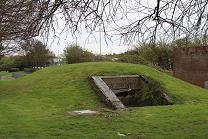
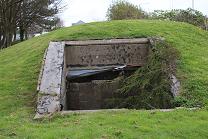
Remains of Bunker on South Road
Great Western Railway began constructing the 24 miles of internal railway
needed to supply the sites in April 1937, with a marshalling yard at the
main site, sidings at Brackla Ridge, and Tremains halt near Waterton.
In all, the complex consisted of over 1000 buildings, 60 miles of roads and
24 miles of railway lines.
The site was in full production by 1940, with 40,000 people working there at
it's peak.
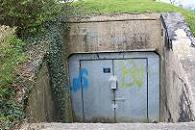

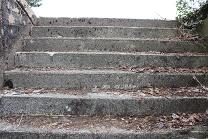 Bunker entrance and steps out on South Road
Bunker entrance and steps out on South Road
Production was stopped in 1945, but remained open as a store until it was
closed in 1946, when it was demolished and sold to property developers and
became an industrial estate.
Now known as the Bridgend Industrial Estate
The administration buildings are now occupied by the South Wales Police
headquarters.
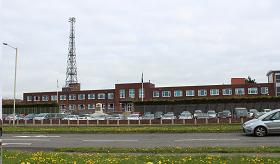
The land to the south of Brackla Hill, was developed as a housing estate,
Called Brackla.
In 2009 a Plaque was placed at the end of Dunraven Place in memory of those
who worked and the 27 who died in the explosion at the factory.
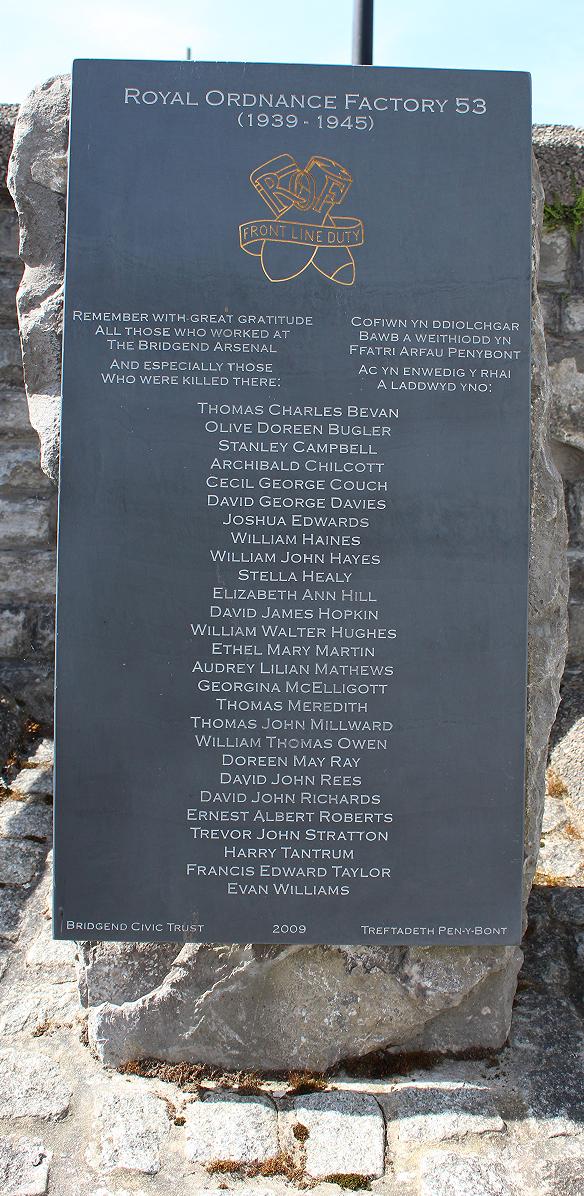 This plaque is displayed by the steps at the end
of Dunraven Place.
This plaque is displayed by the steps at the end
of Dunraven Place.
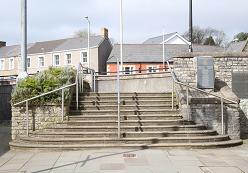 Share with your friends on Facebook or Twitter. Just Click the link below.
Share with your friends on Facebook or Twitter. Just Click the link below.
 Facebook
Facebook
 Twitter
Return to Main
Bridgend History Page
Advertisements
Twitter
Return to Main
Bridgend History Page
Advertisements
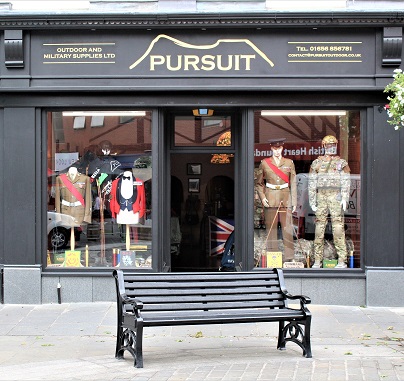
42 Dunraven Place, Bridgend
Contact: Mike 07840 287 383
web site here
Copyright BridgendPPF.com 2017



 Bridgend
the town by the river
Bridgend
the town by the river 












